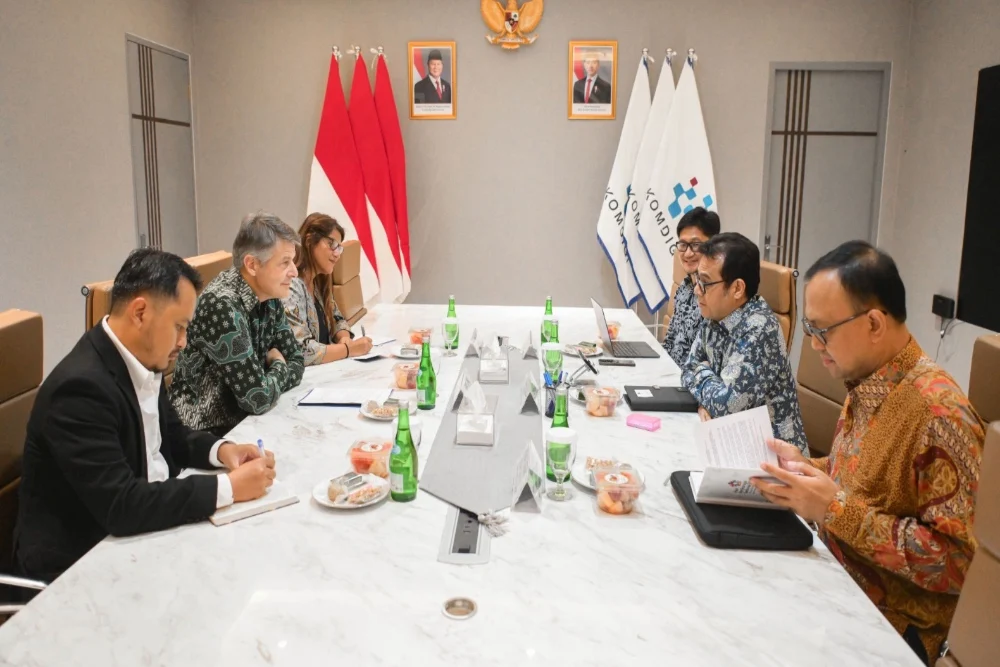Indonesia is taking significant steps to strengthen its digital ecosystem by studying and potentially adopting elements of the European Union's Digital Markets Act (DMA) and Digital Services Act (DSA). This move aims to ensure fair competition, prevent monopolistic practices, and protect consumers in the rapidly evolving digital landscape.
Understanding the Need for Digital Regulation in Indonesia
The digital economy in Indonesia has witnessed exponential growth, with tech giants like Google, TikTok, and other major platforms playing pivotal roles. However, concerns have arisen regarding the dominance of these platforms and their impact on local businesses and consumers. To address these issues, the Indonesian Ministry of Communication and Informatics (Kominfo) is exploring comprehensive digital regulation frameworks.
The Digital regulation Indonesia initiative seeks to create a balanced digital market where innovation thrives, and consumer rights are protected. By examining the EU's DMA and DSA, Indonesia aims to develop regulations that curb anti-competitive behaviors and ensure transparency in digital services.
Lessons from the European Union's DMA and DSA
The EU's DMA and DSA serve as benchmarks for regulating digital markets and services. The DMA focuses on large online platforms, termed "gatekeepers," ensuring they do not abuse their market position. It mandates obligations like data sharing with competitors and prohibits self-preferencing practices.
On the other hand, the DSA addresses the responsibilities of digital services in managing content, protecting user rights, and ensuring transparency. It includes measures against illegal content dissemination and mandates clear terms of service.
Indonesia's interest in these acts reflects its commitment to fostering a fair digital environment. By aligning with international standards, Digital regulation Indonesia aims to enhance trust in digital platforms and promote healthy competition.
Potential Impacts on Tech Giants and Local Businesses
Implementing regulations inspired by the DMA and DSA could have significant implications for both international tech companies and local enterprises in Indonesia. For global platforms like Google and TikTok, compliance would mean adjusting their operations to meet new transparency and fairness standards.
Local businesses could benefit from a more level playing field, as the regulations aim to prevent monopolistic practices that hinder competition. By ensuring that dominant platforms do not unfairly prioritize their services, Digital regulation Indonesia could open up opportunities for smaller players to thrive.
Moreover, consumers stand to gain from enhanced data protection, clearer service terms, and more choices in the digital marketplace. The emphasis on user rights and content moderation aligns with the broader goal of creating a safer and more inclusive online environment.
Challenges and the Road Ahead
While the adoption of DMA and DSA principles offers numerous benefits, Indonesia faces challenges in tailoring these regulations to its unique context. Differences in market dynamics, technological infrastructure, and legal frameworks necessitate careful adaptation.
Engaging stakeholders, including tech companies, civil society, and industry experts, will be crucial in shaping effective and enforceable regulations. Transparency in the regulatory process and continuous dialogue can help address concerns and ensure that the regulations serve the intended purpose.
Furthermore, building institutional capacity to monitor and enforce compliance is essential. Investing in regulatory bodies and technological tools will enable effective oversight and foster confidence in the Digital regulation Indonesia framework.
Conclusion
Indonesia's initiative to study and potentially implement aspects of the EU's DMA and DSA marks a proactive approach to digital governance. By focusing on fair competition, consumer protection, and transparency, Digital regulation Indonesia aims to create a robust digital ecosystem that benefits all stakeholders.
As the digital landscape continues to evolve, Indonesia's commitment to aligning with global best practices positions it as a forward-thinking nation ready to tackle the challenges and opportunities of the digital age.
Read More






 Tuesday, 24-02-26
Tuesday, 24-02-26







